Nissan Tech Tip: Abnormal Noise From Front Engine Mount
A two-piece design front engine mount is currently being used for the vehicle applications listed in this Tech Tip. A single thunk noise may be heard during the first few accelerations of the day from this type of mount, and is considered normal operation.
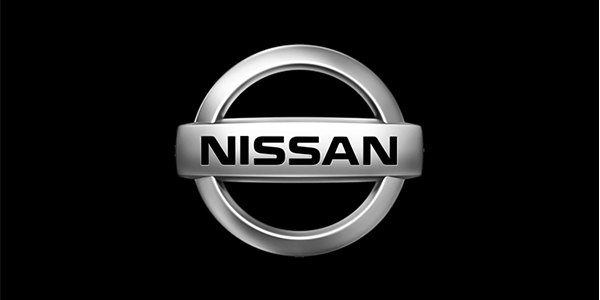
New Nissan Parts Rewards Program Announced
Employees at independent mechanical shops are now eligible to join the Nissan Parts Rewards program (one per shop). Once enrolled, they can earn cash rewards (up to 3%) on total parts purchases by buying at least 10% more Nissan and/or INFINITI parts than the previous quarter.
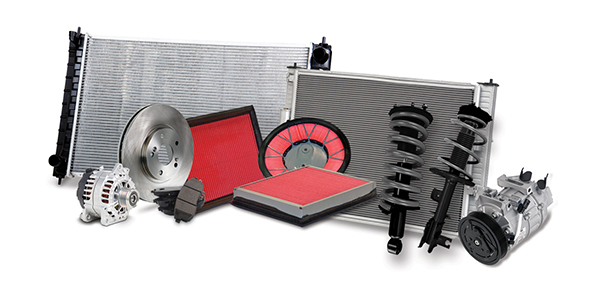
2013 Nissan Pathfinder Brake Job (Fourth Gen)
The Pathfinder’s brake layout is relatively straightforward with ABS and Traction Control on all four wheels. The system switches fluid pressure of each brake caliper to increase, hold or decrease via signals from the control unit in the ABS actuator and electric control unit.
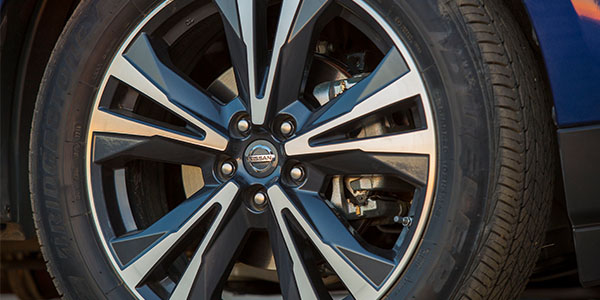
Nissan Tech Tip: TPMS Diagnostics
If the TPMS/LTPWS warning light is illuminated (continuously or flashing), the TPMS/LTPWS system can be diagnosed by turning the ignition to the “OFF” and then to the “ON” position. If the TPMS/LTPWS warning light is continuously illuminated (not flashing), the TPMS/LTPWS is operating normally and has detected low tire pressure in one of the tires.
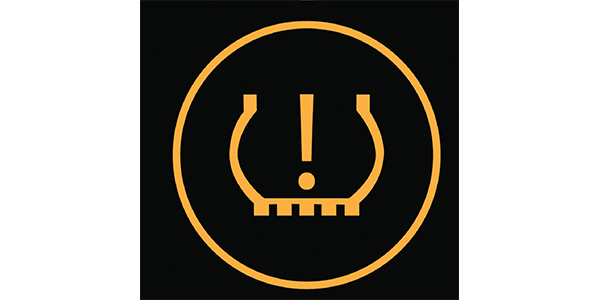
TPMS TIP: Nissan Tire Pressure Diagnostics For Both Lights Checklist
This tech tip applies to Nissan vehicles like the Maxima, Altima and most other models with a Tire Pressure Monitor System (TPMS) or Low Tire Pressure Warning System (LTPWS).
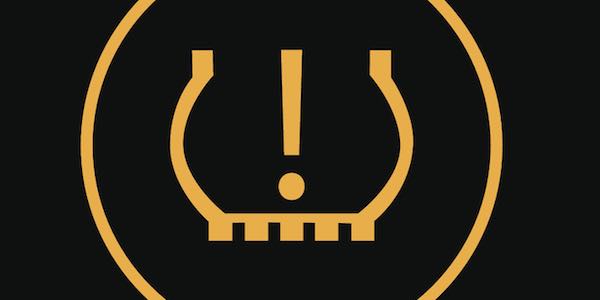
Nissan Maxima Brake Job (Seventh Gen 2009-’14)
The Maxima has been redesigned several times over the years and received the marketing term 4DSC, 4-door Sports Car, because of its 3.5L V6 engine and sporty suspension. The seventh generation Maxima (A35) was redesigned in 2009 and shares the Nissan D platform with the fourth generation Nissan Altima and second-generation Nissan Murano. These brake systems are known to make noise if the proper procedures and brake materials are not installed properly.
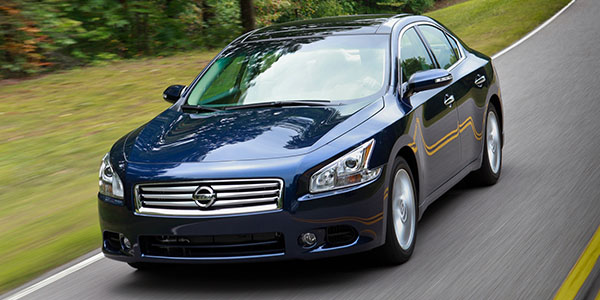
2004-2015 Nissan Titan Brake Pad And Rotor Service
The front brakes on the Titan use dual-piston floating calipers. Most noise and wear issues can be attributed to the guide pins not being serviced during a previous brake job. The abutment clips and slides can also cause noise and should be replaced during every brake job.
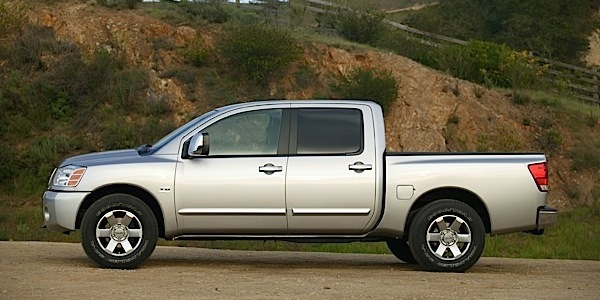
Nissan Clunking Or Thumping Noise At Start Up
The above condition is normal and does not need repair. Each time the ignition is turned on and the vehicle is driven at about 16 mph, the ABS/VDC system performs a “Self-Check” to confirm components of the ABS/VDC system are operating correctly.

Nissan Maxima Brake Job Tips
Called the four-door sports car by Nissan, the 2004-2008 Maxima brake system is easy to service with very few complaints of brake noise or pulsation. The system used the same brake pads, rotors and calipers on all models. There were some changes in 2007 to the ABS system.
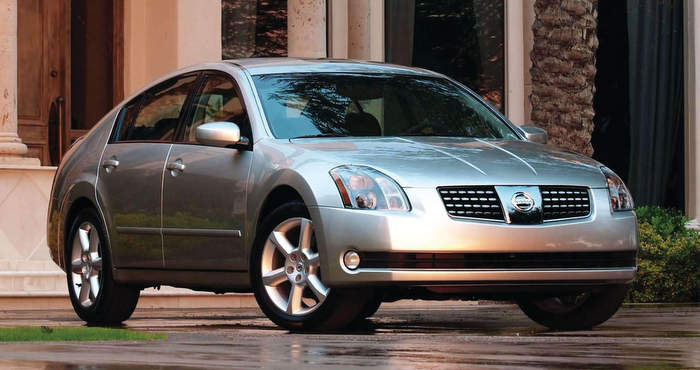
Nissan Titan Brake Job
The Titan is Nissan’s full-size pickup. The Titan has had no major brake problems or recalls, and the brakes are fairly easy to service. Nissan had a few teething problems with brake judder on 2004-‘06 models, but this was corrected with better brake formulations and training at the dealerships. Front Brakes The front brakes on
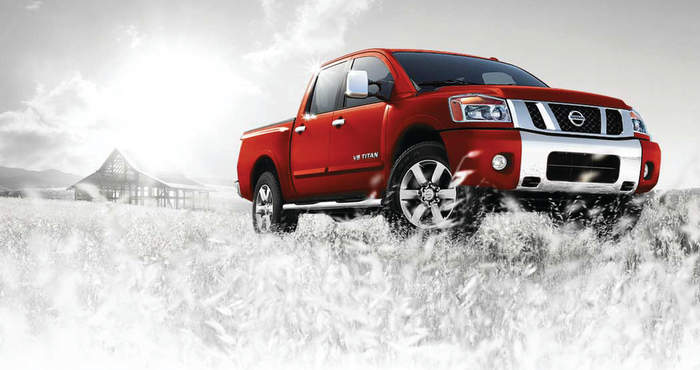
Nissan Maxima: Rear Caliper Clunk, Rattle Or Knocking Noise
Applied Vehicles: 2001-’02 Maxima (A33) Applied Dates: 2001 – All vehicles; 2002 – Vehicles built before Sept. 20, 2001. If a customer with an above-listed 2001-’02 Maxima complains of a clunk, knock or rattle noise from the rear of the vehicle while driving on rough road surfaces or over harsh bumps, it may be caused
Nissan Tech Tip: Groaning/Grinding Noise from Front Brakes
Use this bulletin to service a 1998-2000 Quest if the vehicle’s front brakes make a loud, low-frequency groan/grind noise when stopping. The groan/grind addressed by this bulletin may occur at normal operating temperatures and is not a "creep groan." A creep groan occurs when the brakes are released slightly and the vehicle creeps forward.
